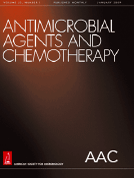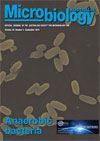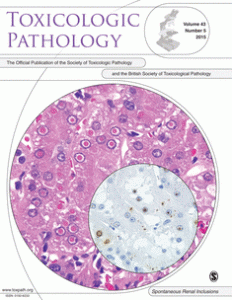![]() A study characterizing subtypes of the bacteria that cause bacterial meningitis is being retracted after the authors didn’t have permission to publish the data, even though the data itself remain available in a public database.
A study characterizing subtypes of the bacteria that cause bacterial meningitis is being retracted after the authors didn’t have permission to publish the data, even though the data itself remain available in a public database.
The paper, in PLOS ONE, relied on a laboratory collection of patient samples. In October, the authors retracted it because they “did not have permission” from the laboratory “to publish the data in their current form.” The data — anonymized — are now available at PubMLST.
Here’s the retraction notice, published on October 16: Continue reading Authors retract meningitis paper over permission — but data are in a public database



 A paper on
A paper on 


